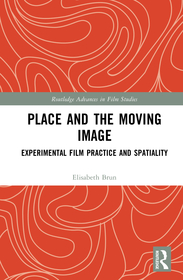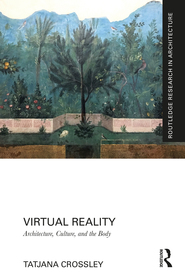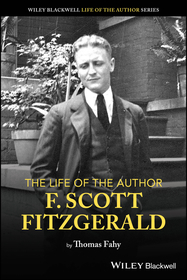
Hannah Arendt’s Ambiguous Storytelling
Temporality, Judgment, and the Philosophy of History
- Publisher's listprice GBP 28.99
-
13 849 Ft (13 190 Ft + 5% VAT)
The price is estimated because at the time of ordering we do not know what conversion rates will apply to HUF / product currency when the book arrives. In case HUF is weaker, the price increases slightly, in case HUF is stronger, the price goes lower slightly.
- Discount 10% (cc. 1 385 Ft off)
- Discounted price 12 465 Ft (11 871 Ft + 5% VAT)
Subcribe now and take benefit of a favourable price.
Subscribe
13 849 Ft

Availability
Not yet published.
Why don't you give exact delivery time?
Delivery time is estimated on our previous experiences. We give estimations only, because we order from outside Hungary, and the delivery time mainly depends on how quickly the publisher supplies the book. Faster or slower deliveries both happen, but we do our best to supply as quickly as possible.
Product details:
- Publisher Bloomsbury Academic
- Date of Publication 27 November 2025
- Number of Volumes Paperback
- ISBN 9781350295919
- Binding Paperback
- No. of pages pages
- Size 234x156 mm
- Language English 700
Categories
Long description:
Through an original interpretation of Hannah Arendt's historiography, Marcin Moskalewicz reveals an under-acknowledged philosophy of history in her vast and variegated oeuvre, including the historical magnum opus, The Origins of Totalitarianism.
Hannah Arendt's Ambiguous Storytelling argues that the key to understanding the fragmentary thought of Arendt is through the speculative and critical dimensions of the philosophy of history. It unravels the essential aporia of Arendt's thinking - the discrepancy between political and historical meaning of events - and proposes its overcoming through aesthetic historical judgment. Reading her approach as "fragmented historiography", the project she was committed to reveals itself as the only credible methodological response to totalitarianism and scientific approach to history, which both function as a retrospective prophecy, erroneously presenting the past as a forecast of the future.
A novel contribution to Arendt scholarship, this book will appeal to philosophers of history, political scientists and theorists alike.
Table of Contents:
Introduction
1. The Origins of Totalitarianism
2. Bare Life and the End of History
3. Thinking History through Time
4. The Science of History as Ideology
5. Performative Self
6. Temporal Conflicts of the Mind
7. The Contingency and Decline of History
8. The Beauty of the Past
9. Redemption of Contingency
10. Pieces of the Past
Conclusion
Acknowledgements
Notes
Bibliography
Index










